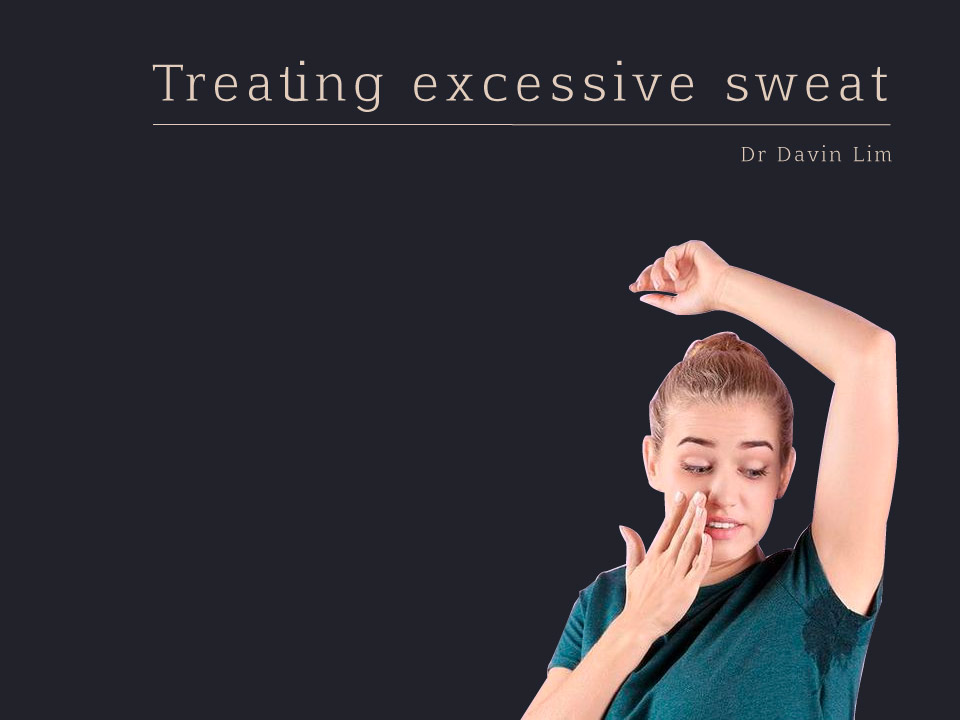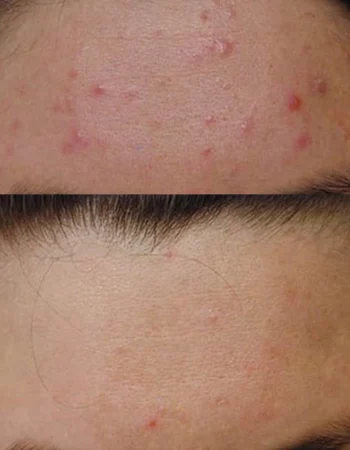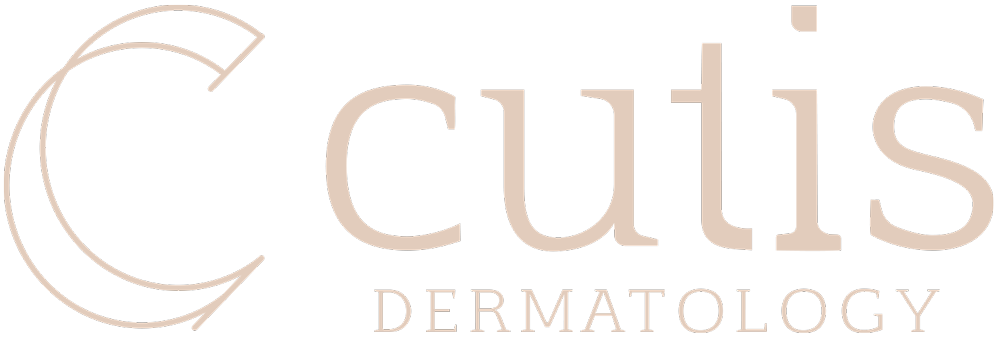Excessive underarm sweating may be a symptom of social anxiety. Excessive sweating is a troubling and embarrassing anxiety symptom for some social phobia sufferers. If you find that you do not have a problem with excessive sweating whilst alone, and that your hyperhidrosis appears to be triggered by exposure to the possibility of negative evaluation by others, you probably have social phobia. Working in with an experienced psychologist in the field of sweating disorders can help manage excessive sweating.
Key Points
- Hyperhidrosis can be a symptom of social anxiety
- A Psychologist can assist in reducing social anxiety
- Psychologists can implement methods such as attention training and confrontational training to control your sweating
- Cognitive behaviour therapy (CBT) can empower you to control your sweating and your thoughts
- Most patients can learn to reduce anxiety over a few sessions
- Behavioural therapy can be covered under Medicare
Cognitive behaviour therapy for excessive sweating at a glance
Our results speak for themselves
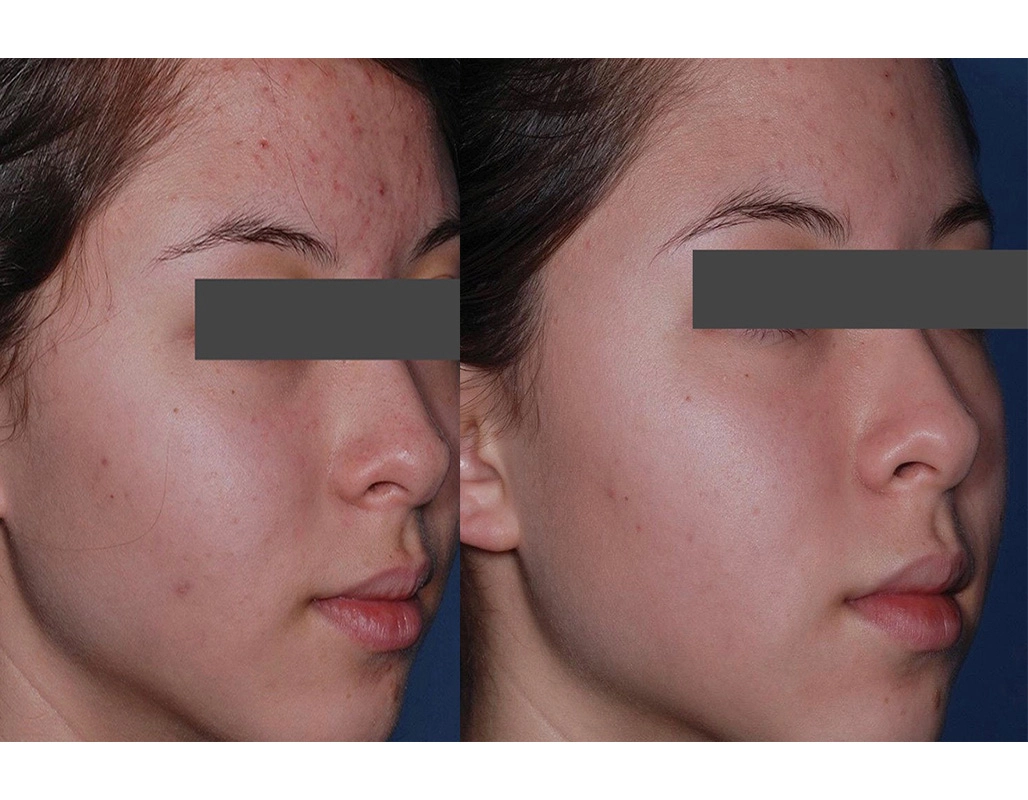
Before
After
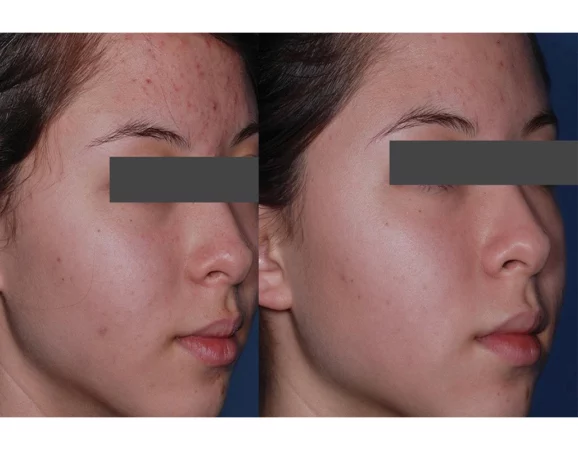
Obagi has medical grade therapy for acne. Benzoyl peroxide combined with active wash, cleanser & moisturizer
Ask us more about this treatmant
Preferred Consultation
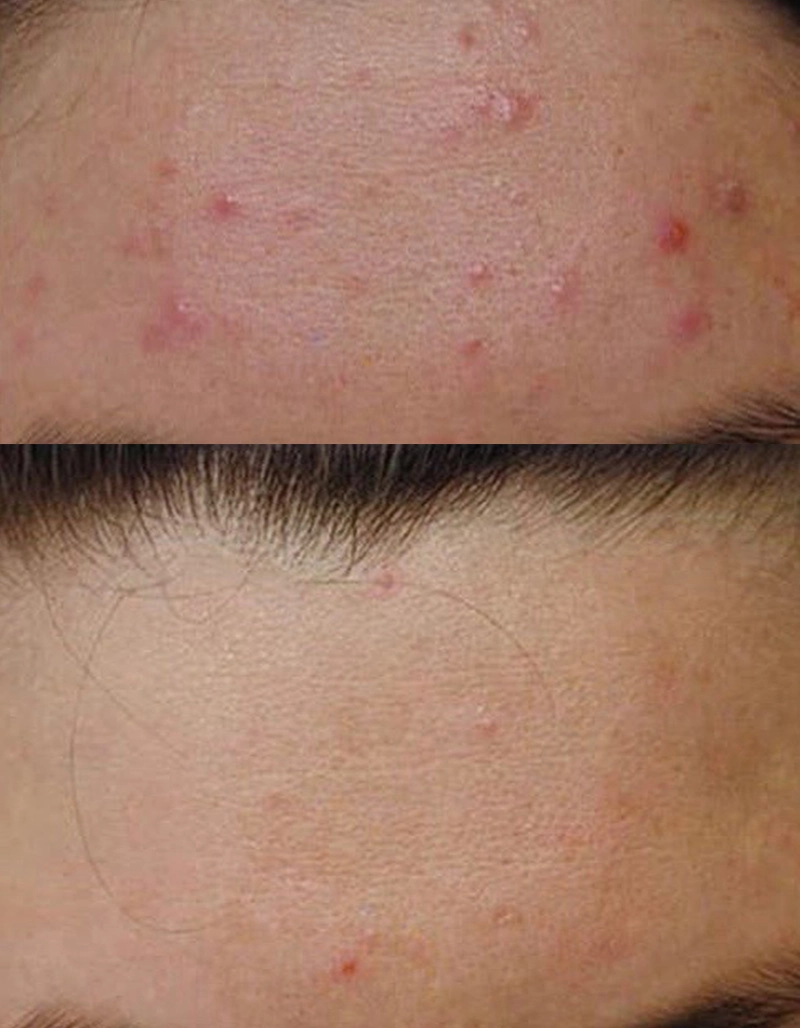
Before
After
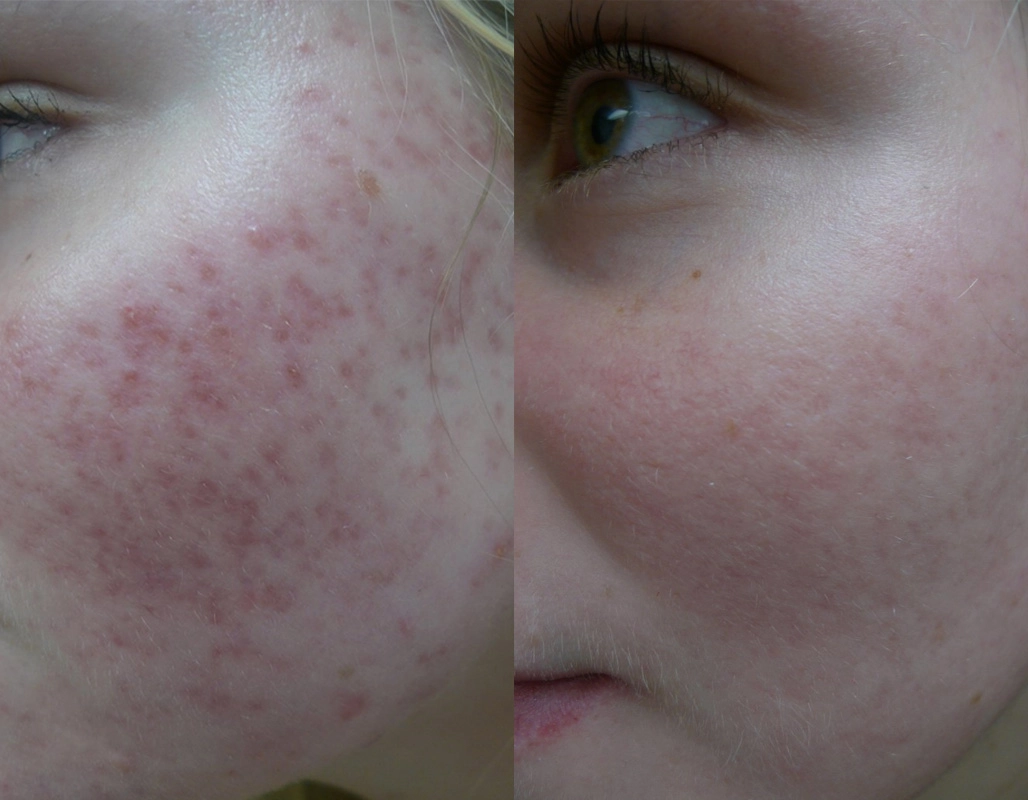
Before
After
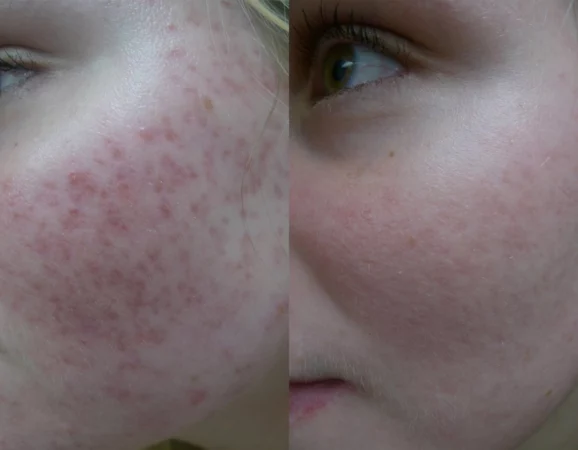
Topicals to treat acne, vascular laser therapy to reduce redness
Ask us more about this treatmant
Preferred Consultation
FAQs
How do I know if anxiety worsens my sweating?
When people get nervous, they may find they are sweating on their face, they have sweaty palms or large wet patches under their arm pits. Obviously, excessive sweating may be visible to others. Facial sweating may be particularly distressing for women who like to wear makeup, as sweat can make foundation run and sweaty palms may be problematic for people who are required to regularly shake hands. People with excessive sweating believe their perspiration is shameful and that they will be negatively judged and evaluated for sweating.
What are the signs of anxiety associated sweating?
Hyperhidrosis sufferers believe other people will think they are ill, devious, nervous or weak and will not want to socialise with them or do business with them. Fear of sweating can lead to people avoiding some social situations altogether or developing subtle avoidance behaviours such as:
– Adopting hairstyles which obscure their face
– Favouring clothes which they think are less likely to reveal sweat (favoured colours are white and black)
– Avoiding clothes which fit tightly under the arms
– Avoiding wearing fabrics such as lycra & nylon
– Changing clothes multiple times a day
– Avoiding shaking or holding hands because their palms are sweaty
– Turning up air-conditioning
– Turning down heating
– Underdressing for the climatic conditions
– Carrying cold drinks around with them
– Wiping their hands and face in social situations
Such efforts to hide and control the excessive axillary sweating problem only maintain and exacerbate the condition.
Once someone has sweated excessively once or twice in social situations (and perhaps someone passed comment on their sweating) the hyperhydrosis sufferer may anticipate they will sweat in a particular social situation and this anticipatory anxiety aggravates the sweating problem. Sufferers of excessive sweating need to remind themselves that:
People may not notice you are sweating. If someone does notice you are sweating, they may not evaluate you negatively for it. If you are experiencing excessive sweating it is advisable to consult your doctor to rule out any possible medical conditions which may have excessive sweating as a symptom.
What is CBT?
Cognitive behavioural therapy (CBT) challenges the sufferer’s beliefs as to how other people view sweating. For example, CBT may challenge the sufferers’ beliefs about how visible the sweating is. For instance, sweating often feels worse than it looks. Your psychologist may be able to provide you with video feedback of how you appear in feared social/performance situations.
CBT would also involve getting you to confront the situations where you fear sweating, instead of avoiding them. Your psychologist would help you to develop a graded hierarchy of situations where you fear sweating, and you would start by exposing yourself to situations where you experienced only a mild degree of fear. After repeated, prolonged, massed exposure to the mildly anxiety/sweat provoking situation had led to a decrease in anxiety and sweating, you would exposure yourself to another social scenario where your fear of sweating was more intense and repeat the procedure until you had worked your way through your hierarchy.
If your anxiety regarding excessive sweating decreases so will the sweating.
What is attention training?
Attention training may also be part of your treatment. If you can focus on your attention better on what is going on around you, rather than being self-focussed on your physical symptoms, negative thoughts and behaviour, you may sweat less. Psychological treatment may also involve learning relaxation techniques.
Products

O Cosmedics cleansing range
$63.00-$64.00

O Biotics 3D Hyaluronic Serum
From $97.00
CBT can be an effective exercise in mind control for patients who suffer from stress induced sweating. This technique is taught by psychologists. CBT can be combined with sweat stopping injections by dermatologists for better outcomes.
What are the advantages of CBT over medications?
Yes, however the efficacy will depend on the areas involved. As this injection stops both sweating & muscle movement, precise injections will preserve movement & stop sweating.
This is not covered under Medicare. Our nurse injectors can provide an assessment & advice, alternatively see one of our dermatologists. As a guide we use between 32 to 58 units to treat the face.
- CBT is a natural treatment for excessive sweating (no medication, no surgical procedures etc). In contrast, anti-wrinkle is a pharmacological treatment that required repeated treatments.
- CBT has no unpleasant side effects unlike medication or surgical procedures.
- CBT empowers you to help yourself manage your sweating issue.
- CBT treatment is a short-term cost, not an ongoing expense. Most people can learn how to deal with their anxiety in a limited number of sessions, e.g.10 sessions
- Treatment is Medicare rebate able if your doctor considers you are eligible for a mental health care plan.
Is CBT covered under Medicare?
You can also discuss with your doctor whether you are eligible for a mental health treatment plan and if that is the case you can get a Medicare rebate for up to 10 sessions of individual therapy per year. You can also ask your doctor to refer you to a psychologist experienced in the treatment for excessive sweating.
Who performs CBT?
Cutis Dermatology has a network of psychologists who work in with our Specialist Doctors to provide a management plan for patients. In Brisbane we refer to Tammy White or the OCD clinic in Bulimba.
Catherine Madigan (B.A. Hons., M.A. Clinical Psychology) is a clinical psychologist based in Melbourne who specializes in the treatment of anxiety disorders, including social anxiety (e.g. fear of blushing and sweating). She provides cognitive behavioural therapy (CBT) to her clients.
Catherine studied psychology at the University of Melbourne. Catherine currently works in her private practice in Richmond, Victoria. She has two websites www.socialanxietyassist.com.au and www.anxietyaustralia.com.au and offers bulk billing to health care card holders.
Phone (03) 9819 3671 or email catherine@socialanxietyassist.com.au

